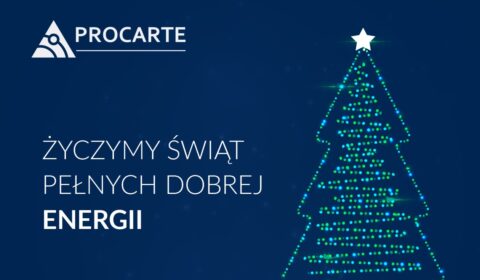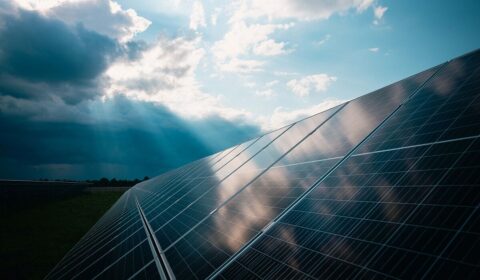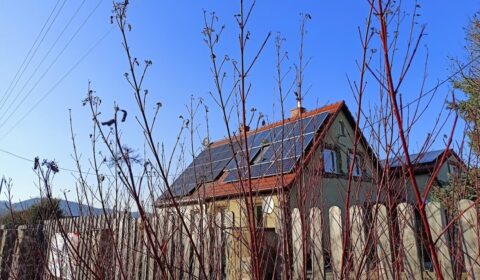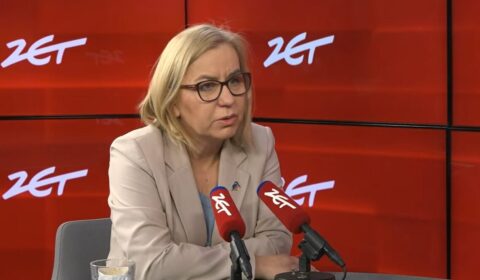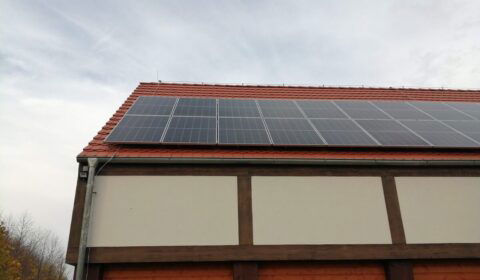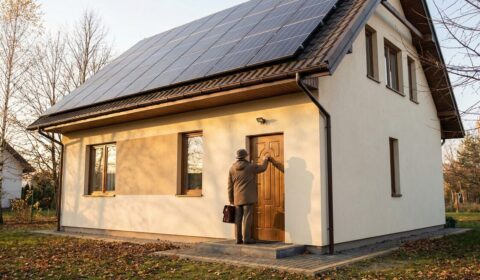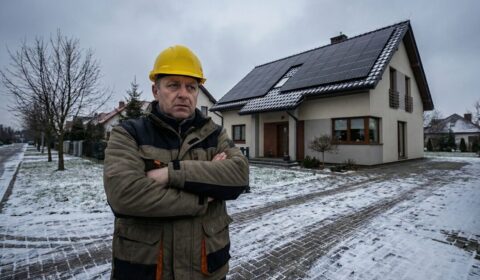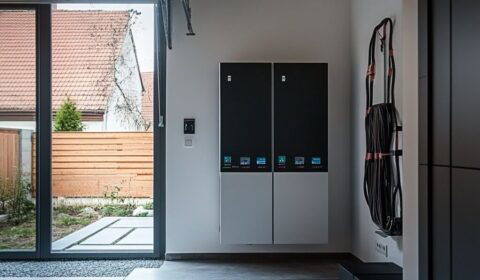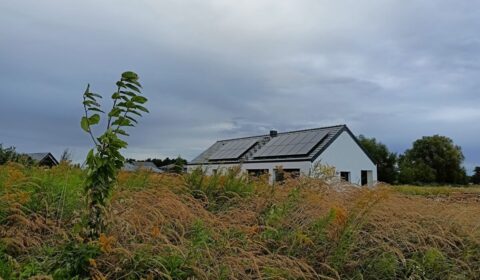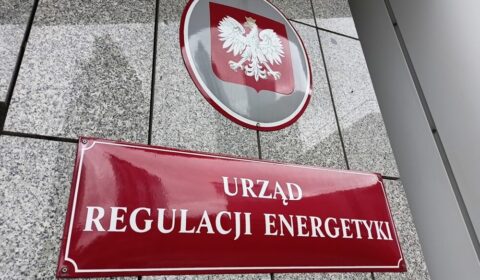EBA O zagrożeniach dla biogazu
Dear media representatives,
Please find attached European Biogas Association’s (EBA) press release on the European Commission’s leaked document on indirect land use change (iLUC).
The Commission’s proposal will have a direct negative impact on the biofuels industry including upgraded biogas i.e. biomethane that is a 100% renewable gas. Thousands of jobs are threatened and millions of Euros already invested in the sector wasted.
Kind regards,
Susanna Litmanen
Please find attached European Biogas Association’s (EBA) press release on the European Commission’s leaked document on indirect land use change (iLUC).
The Commission’s proposal will have a direct negative impact on the biofuels industry including upgraded biogas i.e. biomethane that is a 100% renewable gas. Thousands of jobs are threatened and millions of Euros already invested in the sector wasted.
Kind regards,
Susanna Litmanen
The European Commission’s U-turn on biofuels policy harshly threatens Europe’s worldwide market leadership in biogas production
The Commission’s draft proposal on iLUC campaigns irrationally and inconsistently against the EU’s own long-term targets on reducing emissions in the transport sector. In addition to sustainability, the EU should consider social factors: its proposal jeopardises alone in Germany around 40 000 green jobs in the biogas industry. At the same time, millions of Euros invested in the biofuels sector are wasted. The application of a static and unspecific factor for indirect land use change (iLUC) and the introduction of quadruple counting for some waste-derived biofuels are not solving any environmental problem in transport.
Biogas upgraded to the quality of natural gas i.e. biomethane can reduce thousands of tonnes of Green House Gas emissions in European transport. The amount of public transport powered by biomethane as well as fuelling stations providing biomethane is strongly increasing. This is not least due to the EU’s previous transport and climate policies. This positive development will be at stake particularly in Europe’s biogas engine, Germany, if the Commission’s new, irresponsible, proposal will be passed.
European Biogas Association (EBA) accepts the CO2 saving target of at least 60% for biofuels and bioliquids produced in new installations but contests the 5% cap for fuels produced from crops: the 60% target will in any case lead to the most environmentally friendly fuels.
In order to sustain European competitiveness, a level-playing field with the rest of the world should be established: stricter biofuels targets and caps than elsewhere will result in disadvantages to the European biofuels business and increase imported fuels.
The European Commission should also take biomethane’s unique characteristics into account in its proposal addressing the iLUC issue. Unlike biodiesel or bioethanol, biomethane is in most parts of Europe mainly used for electricity and heating and its full deployment also in the field of transport would need clear political incentives. With the leaked proposal, biomethane for transport would be distorted by a stricter CO2 reduction obligation than for biomethane injected into the grid and subsequently used for CHP or heating and cooking purposes.
Before establishing any lists of fuels produced from waste materials entitled for multiple counting of energy, EBA calls for a proper EU definition for waste as well as for a review of the waste materials promoted. Yet, the list of waste materials is clearly not comprehensive. For example sewage sludge and industrial solid and liquid biowastes are environmentally valuable resources and significant biogas substrates in Europe as is landfill gas. The absurd quadruple counting means in practice that the 2020 target could be met



















